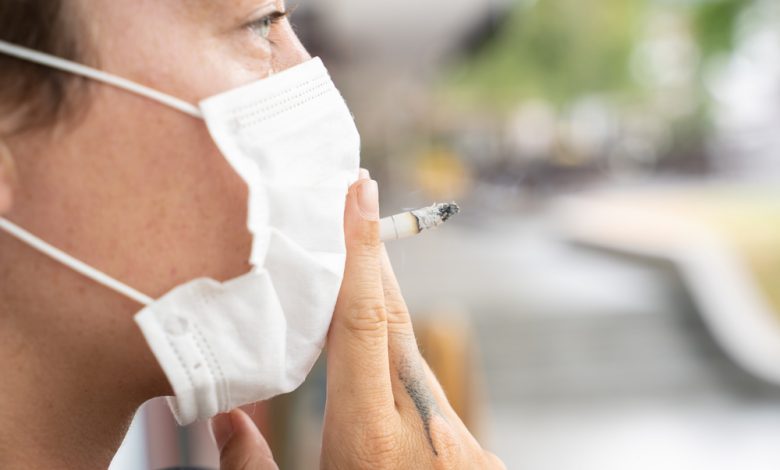
The mask debate has clearly become political. There is plenty of data on both sides of the conversation to justify each position, but let’s talk about the psychology behind the debate.
Similar to the anti-gun plea, “we need more gun restrictions to keep people safe,” Pro-maskers will say, “everyone needs to wear a mask to keep others safe.”
These arguments are similar because they put the personal responsibility of the person making the demand onto others.
At the beginning of the corona scare, health officials announced masks were unnecessary. Dr. Fauci said, “There’s no reason to be walking around with a mask.” Instead, social distancing was recommended to “flatten the curve.” Fauci would soon change his messaging and excuse his inconsistency away by saying it was because PPE was limited and should be reserved for healthcare workers. So, was he lying about the necessity of masks for the public then or now? Some would argue “now” because Fauci himself among many other pro-mask political figures, including NY Governor, Andrew Cuomo and House Speaker, Nancy Pelosi can be seen in photos and video violating their own policy.
Some would argue that the initial “masks are unnecessary” narrative changed because it didn’t give politicians the control over society that they wanted in a contentious election year. They quickly recognized that they were leaving a good amount of leverage on the table. So then, the recommendation was to “wear a mask to protect yourself.” The change in narrative was acceptable because, at this point, mask wearing was the individual’s option. Should you be concerned with the virus, you had the option of either wearing a mask or staying home. Those who were not concerned, would be able to go about their lives as normal.
Something changed dramatically when the narrative switched to, “wear a mask to protect others.” This new narrative implied that you now have a duty to protect the welfare of others. That’s not so bad to most people because of course we want to protect others. Many have a problem however, when it becomes a mandate because it takes away the freedom of choice. To many, it didn’t make sense that now “two” masks are necessary to prevent the spread; yours and mine.
The interesting piece to “wearing a mask to protect others,” is not necessarily the science behind the virus traveling 6 feet and penetrating through two masks, but the entitlement the new narrative created in the minds of some. By teaching people that they are entitled to “others” protecting them, an anger or disdain began to fester in the minds of mask-people when they would see others not conforming, even as the corona numbers plummeted. To them, many saw non-mask wearers as irresponsible people, recklessly and intentionally putting them in danger by refusing to protect them. After all, there was now a social obligation. Never mind that the mask-wearer is wearing a mask; the anger now shifted from a fear for their own safety to a need for retribution from an inherent sense of “how dare you?” This is a strategy used by the political left in many different situations. It’s a strategy that pits people against each other. In other words, “If you don’t obey the rule-du-jour, you are putting my life in danger and that gives me the right to lash out at you.”
This is exactly how the political left conditions anti-gunners to hate gun-owners and gun-rights organizations. Anti-gunners are continually taught that gun-owners are recklessly and intentionally putting everyone in danger because they will not compromise on their 2nd Amendment rights. This builds a hatred toward each other.
Virtue signaling is a practice that has become quite apparent among mask-wearers, anti-gunners, abortionists, domestic anarchists and other social justice warriors. Virtue signaling not only creates the impression that that the actor is morally-superior in the eyes of others; it reinforces the idea of moral-superiority in the mind of the actor.
Like any abnormal or unusual behavior such as mask-wearing in public, if the behavior can be forced upon everyone, it soon appears normal. Because the mask narrative changed to “wear a mask to protect others,” others now have a vested interest in your actions. They now feel entitled to tell you what to do.





Leave a Reply
Thank you for your response.
Please verify that you are not a robot.